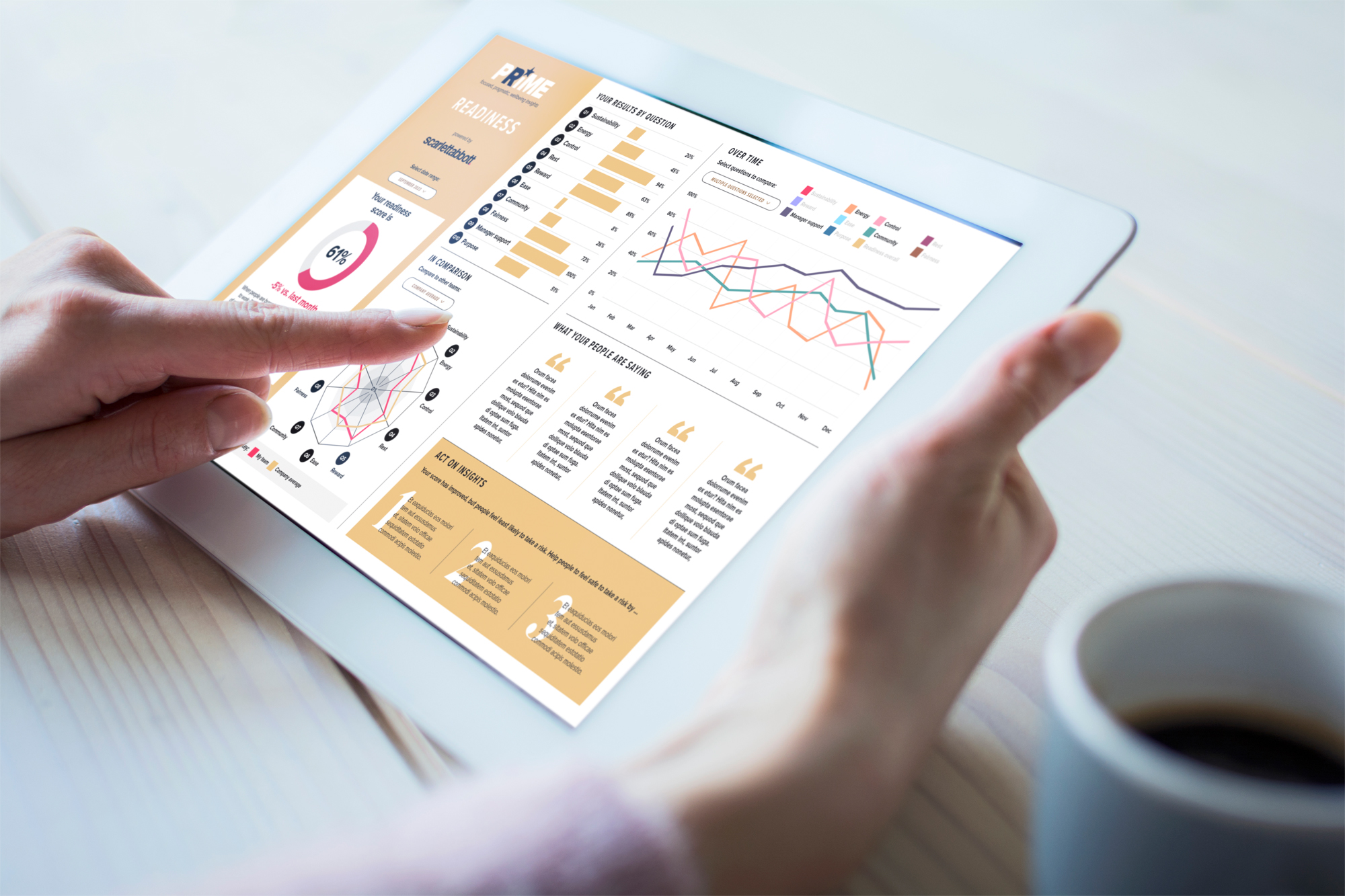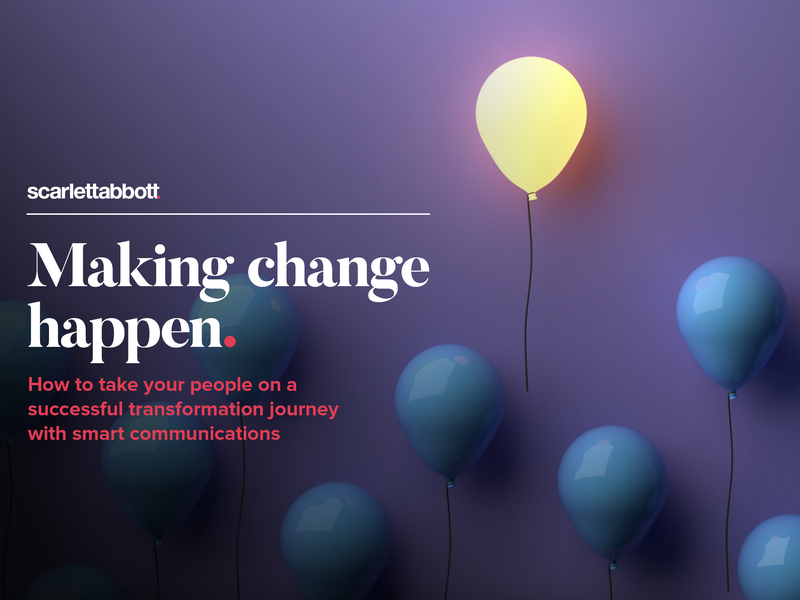This article was originally published on 29 March 2021 on Forbes.com — it’s been amended here by its original author Lindsay Kohler.
The World Health Organization (WHO) finally included burnout in its Internal Classification of Diseases in 2019 and defines burnout as: "A syndrome conceptualized as resulting from chronic workplace stress that has not been successfully managed." This burnout manifests largely as exhaustion and cynicism — two behaviors that can often signal if someone is about to walk out the door.
So what causes burnout?
Turns out, it‘s not just too much work. Leading research on burnout finds that burnout has six main causes. Some of these causes are motivational, such as lack of fairness, perceived lack of control, and insufficient reward for effort. Other causes are about the workplace environment itself, such as a lack of a supportive community or a mismatch of values and skills. And finally, yes – too much work is a leading cause of burnout. Of those causes, motivation is usually the easiest one for employers to address.
Tackling burnout means starting with motivation
Motivation at work matters because it determines output. Each morning, an employee‘s decision for how hard to work falls on a scale between "What‘s the minimum amount of work I need to do today to not get fired?" to "What‘s the most work I want to do today because I‘m fully charged and engaged?" What motivates people at work varies, but motivation broadly falls into three categories — the impact of one‘s actions, the ability to do the task at hand, and the reward for doing so.
There has been a recent surge in companies using money as a reward to motivate work in burnout conditions, but does it work? Credit Suisse is experimenting with the idea of money as a motivator to help reduce burnout — or at least make it more tolerable. In 2020 they announced they would be paying junior investment bankers a one-time "lifestyle" bonus of $20,000 to acknowledge the hard work and long hours. They are not alone. Apollo Global Management has offered some associates up to $200,000 to stay through late 2022.
But does money really make up for burnout?
Research looking at a direct correlation between income, one-time bonus payments and burnout is slim. That said, income does impact job satisfaction, which in turn can lessen burnout. Behavioural scientist Dan Ariely conducted research for his book Payoff: The Hidden Logic That Shapes Our Motivations and found that free pizza was more rewarding than a $30 reward in terms of increasing productivity for the duration of the study. Companies such as Credit Suisse and Apollo Global — and any others considering large, one-off payments as a motivator — should measure burnout before and after to see if the payment had an impact. And the final rule of thumb for using money as an incentive is to pay enough — or not at all.
How to reduce burnout
Businesses often characterize burnout as a self-care issue, but it is so much more than that. It might be unpopular with those holding the purse strings, but no amount of public praise, online yoga classes, or providing purposeful work can overcome being overworked. If the core issue is resources on the team to deliver, then that‘s the issue businesses need to fix.
Beyond that, leaders need to model the behaviors that create permission to disconnect from work. That means not interrupting employees in their off-hours. It means having email signatures reinforce that just because they are sending an email at 1 am, that they do not expect an immediate response. Even a video talking about their own self-care routines and how they guard against burnout can go a long way in showing that experience burnout shouldn‘t be an accepted behavior by the company.
Measuring burnout at work
The good news is, there’s lots of academic research into measuring
burnout, and we’ve adapted the measures for practical use in
organisations.
How can we do this?
PRiME
measures the key metrics of wellbeing in your workplace, such as
motivation, readiness, emotional connection and psychological safety, giving you meaningful data and actionable recommendations to help drive
individual effectiveness and organisational performance.





